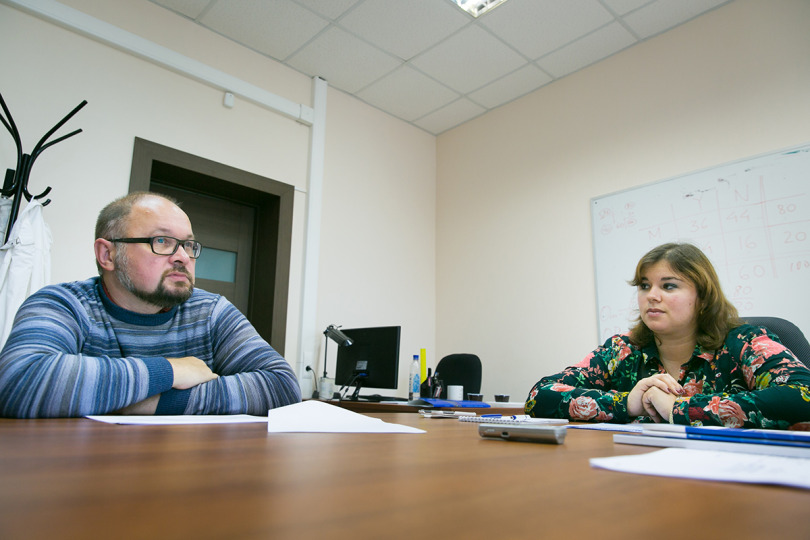Globalization Is not Saving Developing Countries from Inequality
The processes of globalization should have contributed to reduced inequality in the world. In reality, however, the situation looks differently, with income inequality in the populations of developing economies growing. To correct this, the level of education of low-skilled workers must be increased, said Eric Maskin, Chief Research Fellow at the HSE International Laboratory of Decision Choice and Analysis and Nobel Laureate in Economics for 2007.
Imitation Drives Innovation
Creating totally new and exclusive products, business models and technology solutions is not always necessary in today's innovative economy; it is often sufficient to use the knowledge and inventions already available worldwide, according to professor Mikhail Shushkin and associate professor Sergey Alexandrovskiy, researchers at the Department of Marketing, Faculty of Management, HSE Branch in Nizhny Novgorod.
Migrants’ Children Forget their Homeland and Native Language
Children of labour migrants from Central Asia don’t want to preserve their ethnic self-definition, i.e. to speak their native language and follow their cultural traditions. They try to distance themselves from people of their ethnic identity and become fully locals. Both Russian schools and parents further this process, concluded Raisa Akifyeva, senior lecturer at the St. Petersburg School of Social Sciences and Humanities Department of Sociology, as a result of her research.
Science Searches for New Ways of Interacting with the General Public
It is increasingly common for scientists to engage the general public in dialogue and involve people in research rather than communicating with them in a haughty or condescending manner. We are witnessing the hybridization of research institutes: researchers are more actively collaborating with the media, civil society, and the customers for research, HSE Associate Professor Roman Abramov and Senior Lecturer at the Department for the Analysis of Social Institutions Andrei Kozhanov noted in an article.
5%
Only this percentage of people in Russia lead a model lifestyle when it comes to environmental friendliness.

International Not Only in Name
The International Laboratory for Comparative Social Research (LCSR) was established in 2010 in the first wave of a competition for government mega-grants to attract major academics from abroad to Russian universities. The famous American sociologist and political scientist Ronald Inglehart, Founding President of the World Values Survey and professor at the University of Michigan, became the laboratory’s first Academic Supervisor.
Social Contracts: No Single Solution to Poverty
Encouraging entrepreneurship, providing social support services and helping people find jobs are all part of a new ‘social contract’ programme introduced across Russia to assist poor families in becoming financially self-sufficient. Using formal contracts to encourage low-income people to engage in economic activity is proving to be more effective than welfare handouts, according to researchers of the HSE Centre for Studies of Income and Living Standards.
Globalization Is not Saving Developing Countries from Inequality
The processes of globalization should have contributed to reduced inequality in the world. In reality, however, the situation looks differently, with income inequality in the populations of developing economies growing. To correct this, the level of education of low-skilled workers must be increased, said Eric Maskin, Chief Research Fellow at the HSE International Laboratory of Decision Choice and Analysis and Nobel Laureate in Economics for 2007.
1.5
is the minimum number of times by which Russia’s housing market will decline in value terms in 2015.
Russians Vulnerable to Ischemia and Stroke
Over the past two decades, the average life expectancy in Russia has increased by 2.3 years for women and 1.4 years for men, according to a recently published paper based on the WHO's Global Burden of Disease (GBD) assessment – a major epidemiological study by a group of international experts, including Vasily Vlassov, Professor of the HSE Department of Health Care Administration and Economy.


Deadline for applications to present academic reports - January 20, 2025